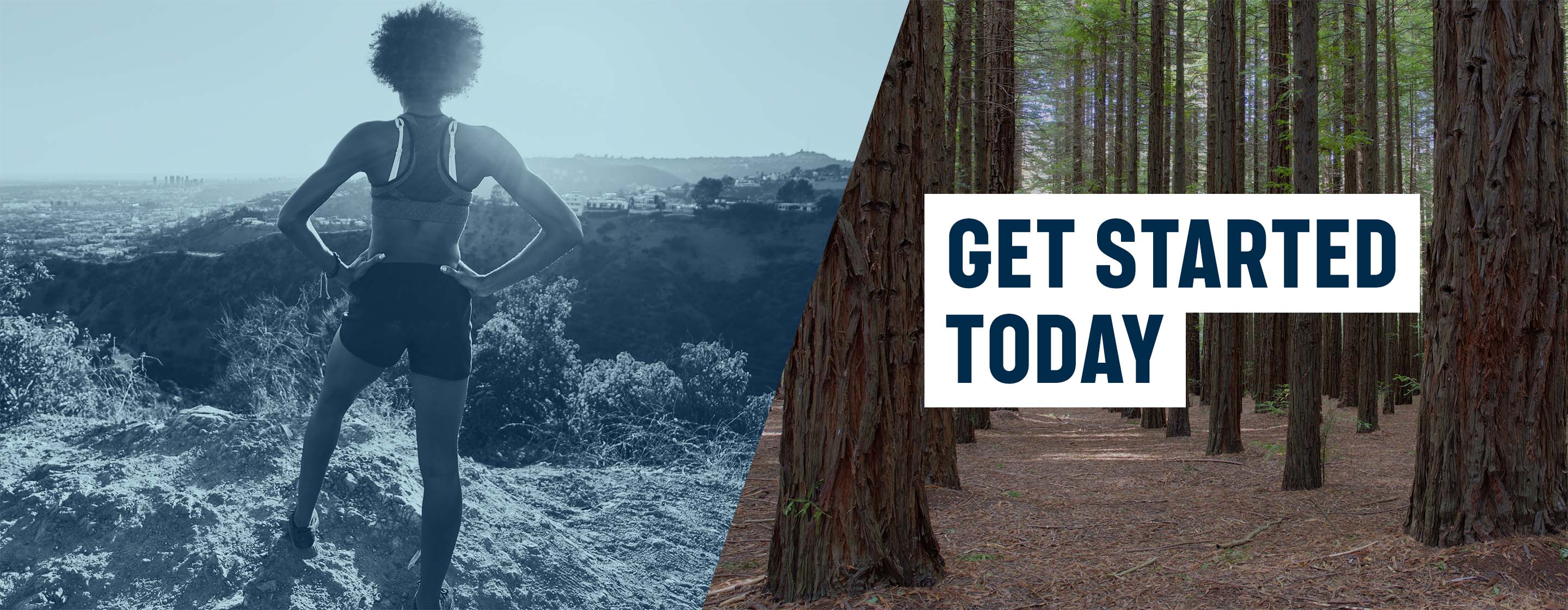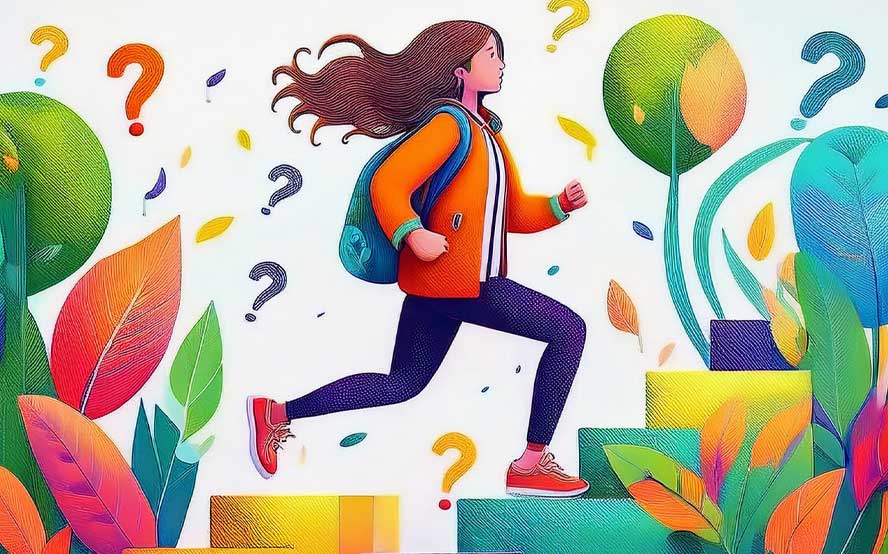Kicking Marijuana
Kick It California offers one-on-one coaching for Californians ages 13 to 29 who want to quit marijuana. We’ll give you structure, support and strategies to fit your life — and best of all, it’s free.

What to expect
We’ll be honest. Quitting marijuana is tough; especially the first couple of weeks. Planning what you'll do instead of using marijuana can help.
Here are 3 ways to make your quitting process a bit easier.
Get Moving
Exercise, even a short walk, can calm your mind and ease tension.
Self-Care
Practice deep breathing, meditation, or journaling to find your calm.
Connect
Talk to friends and family for support and a mood boost.
Up your Odds of Success
Can you quit on your own?
Sure. But studies show that working with a Quit Coach can increase your chances of quitting. Our highly trained coaches will start by learning about your specific situation and then help guide you through the three key steps below.
1. Set Your Quit Date
How many times have you said, “I’m going to quit” and then not gotten around to it? Setting an official Quit Date (with smaller goals along the way) helps your plan feel real and makes you more likely to follow through.
2. Identify Your Triggers
Triggers are people, places, or situations that make you want to use marijuana. Maybe you always vape when you hang out with certain friends. Or maybe your triggers are less obvious. Either way, we’ll help you see what’s driving your cravings. Because the more you understand your triggers, the less power they’ll have over you.
3. Make a Plan
The last step is finding ways to handle your triggers. That could be chewing gum, playing a game, or reminding yourself why you want to quit. A Quit Coach will help you come up with strategies that work for you.
Everyone’s doing it, right? Nope!
You might feel like everyone around you is using marijuana, but that’s actually not the case. Most young people are choosing to stay marijuana-free. Only about 1 in 10 California teens are currently using marijuana and most young adults choose not to use marijuana. So, before you make any decisions, take some time to learn about the potential effects of marijuana and make an informed choice that’s right for you.
90% of California teens do not use marijuana.
Common Questions About Marijuana
Does marijuana help with mood?
+
Research shows that marijuana can worsen symptoms of anxiety, depression and other mental health problems. Recent research also shows that marijuana use is linked with experiencing thoughts of suicide.
Does marijuana help with sleep?
+
Marijuana might make you feel sleepy at first. However, marijuana impacts your body’s natural sleep patterns and can cause sleep problems or leave you feeling tired the next day.
Why should I think about quitting marijuana when everyone uses it?
+
It may seem like everyone your age uses marijuana, but the research actually shows that most teens and young people report that they don’t use marijuana.
How do I quit marijuana?
+
Congrats on thinking about quitting! The first step is to figure out why quitting is important to you. Next, create a plan to get through cravings or times when you want to use. Then give quitting a try! It’s normal to try quitting a few times – don’t give up!
Is marijuana withdrawal real?
+
Yes. When you reduce or stop marijuana, you might experience withdrawal symptoms, especially if you quit cold turkey. These symptoms usually last 1-3 weeks and can be pretty uncomfortable. The good news is that withdrawal symptoms get better the longer you stay quit! Talk to a doctor if you’re struggling with any of the following.
My friends use marijuana. How do I tell them "No” when they offer me some?
+
It can be hard to say “no” to friends. Try the tips below to help you say “No” with confidence.
Be Firm: “No thanks, I’m good.”
Have an Excuse Ready: “I can’t tonight because I have to work.”
Change the Plan: “I’m hungry, how about we grab some food?”
Exit the Situation: “I’m heading out, talk later!”
Additional Resources for All Ages

SAMHSA
The Substance Abuse and Mental Health Services Administration (SAMHSA), offers treatment options for substance use and mental health conditions.




